Opinion: A vanishingly rare thing has happened — we have a minister for culture who actually sounds like he's visited some of the places he has responsibility for
Our culture columnist Athena is cautiously optimistic about the future of arts, culture and architecture — even if the same old problems remain.

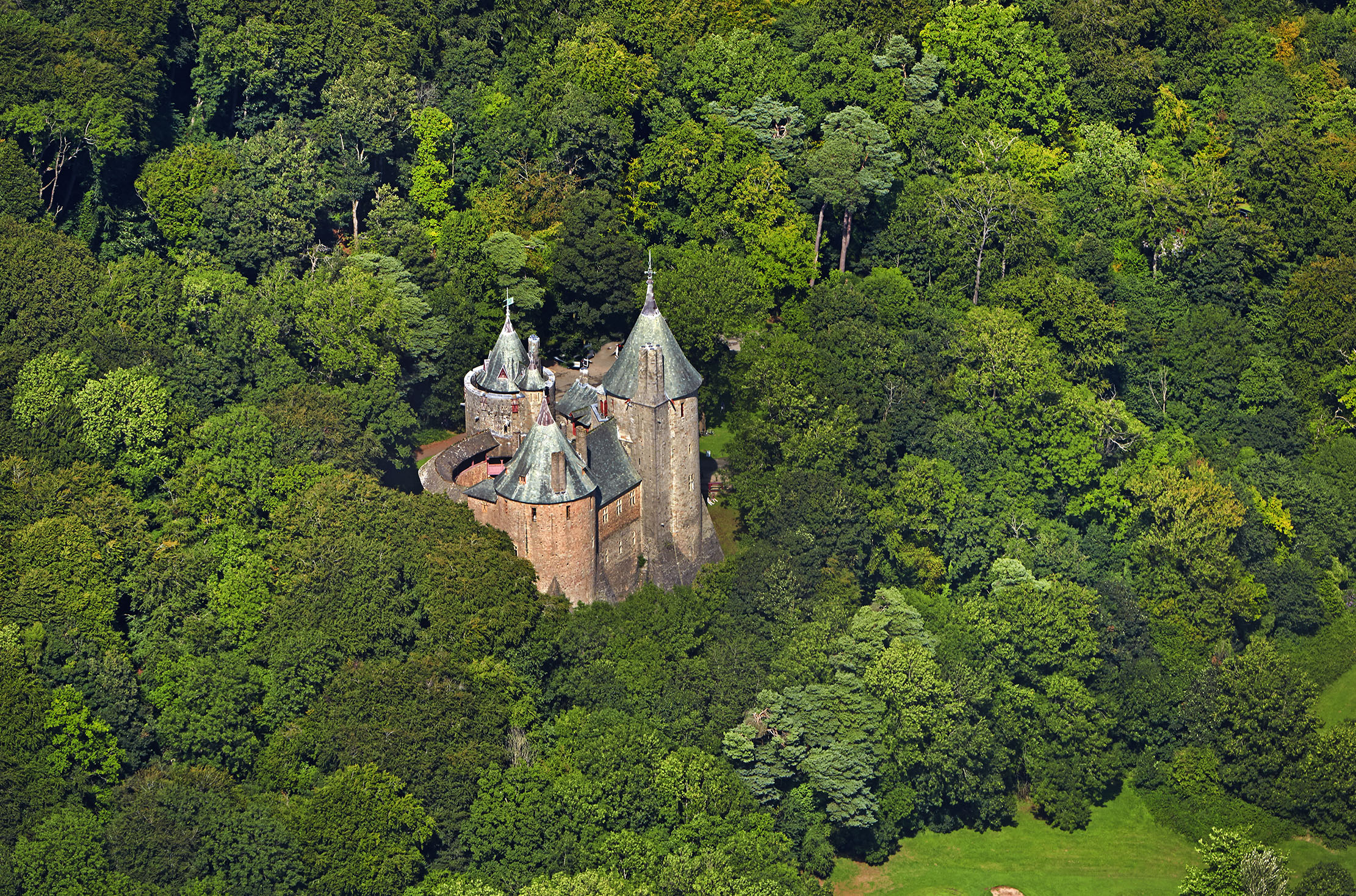
A couple of weeks ago, Chris Bryant — the new Minister of State in the Department for Culture, Media and Sport — spoke at a reception organised by the charity English Heritage. It’s been a while since ministerial appearances of this kind could be relied on and it was a great relief — after far too many years — to hear someone with responsibility for this portfolio speaking as if they had actually visited monuments privately for pleasure.
There were references to the splendours of Castell Coch, the 1870s vineyard château raised on medieval foundations by William Burgess for the 3rd Marquess of Bute on the outskirts of Cardiff; the industrial heritage of the Rhondda Valley — the Minister’s constituency — and Lindisfarne Priory in Northumberland. He went on to speak of heritage as an endowment from the past; the monuments in the care of English Heritage, he suggested, are like an inherited silver teapot, which it is our responsibility to polish and show to advantage rather than to leave to tarnish.
There were thoughts, too, about the importance of tourism in the economy (and the potential for associated careers in the heritage sector), his dislike of aspic — both as a cooking ingredient and as a philosophy of conservation — and the enjoyment he derived from time spent in archives. By way of conclusion, the Minister hoped Sir Keir Starmer would keep him in post for a reasonable period of time.
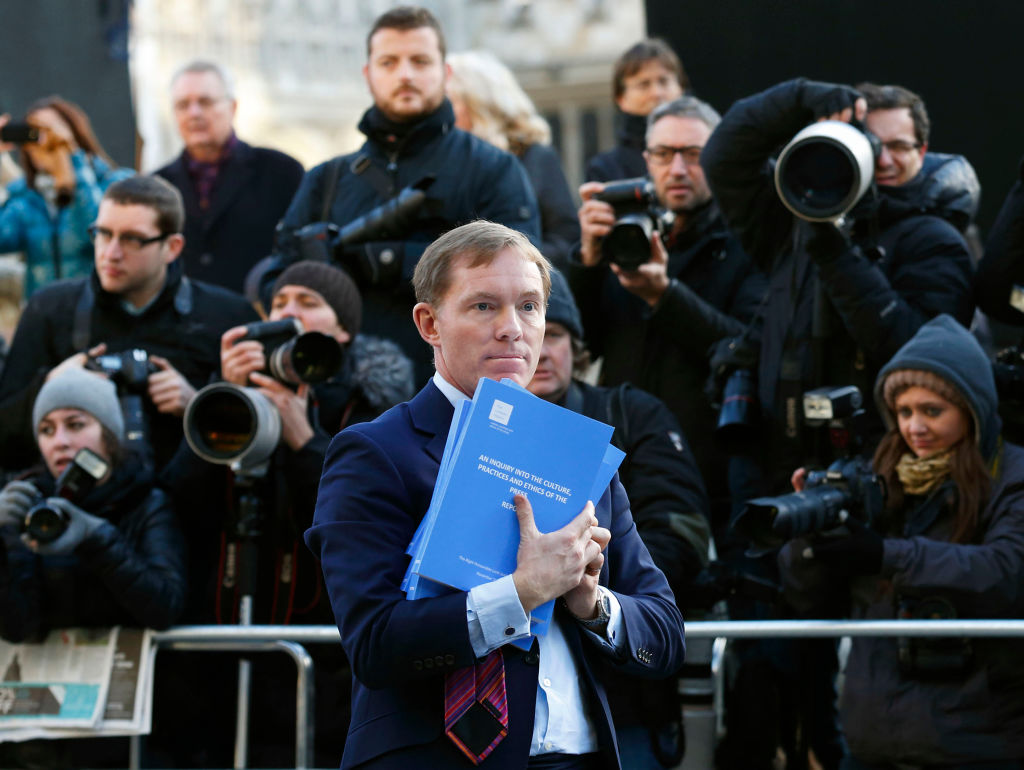
Athena shares that hope: the revolving door of recent years has undermined any possibility of sustained or coherent government policy. As a final and crowning mark of commitment, the Minister actually stayed for a period after his speech to talk to people. Although all this is unquestionably a welcome departure from the run-of-the-mill ministerial presentations that Athena has attended in recent years, it merely throws into relief the sheer scale of the challenges faced by the sector at the present moment.
It’s slightly ironic, for example, for the Minister to refer to the heritage of Wales given the calamitous condition of its national cultural institutions (including Cadw, which cares for the aforementioned Castell Coch). The difficulties currently faced by these bodies are in many ways representative of those confronting their counterparts across the UK. Most, inevitably, boil down to money or, rather, the lack of it; there isn’t sufficient for maintenance, modernisation or staffing (despite the fact that salaries in the sector often remain unhappily low).
The immediate future looks worrying as well. What does the darkening global situation mean for international tourism and, more immediately, what unwelcome surprises does the budget at the end of the month hold? A long-standing failing of the sector has been to plug the financial gap with its own enthusiasm. Although it’s refreshing and uplifting to see a minister share that enthusiasm, it would be catastrophic if he adopted the same approach.
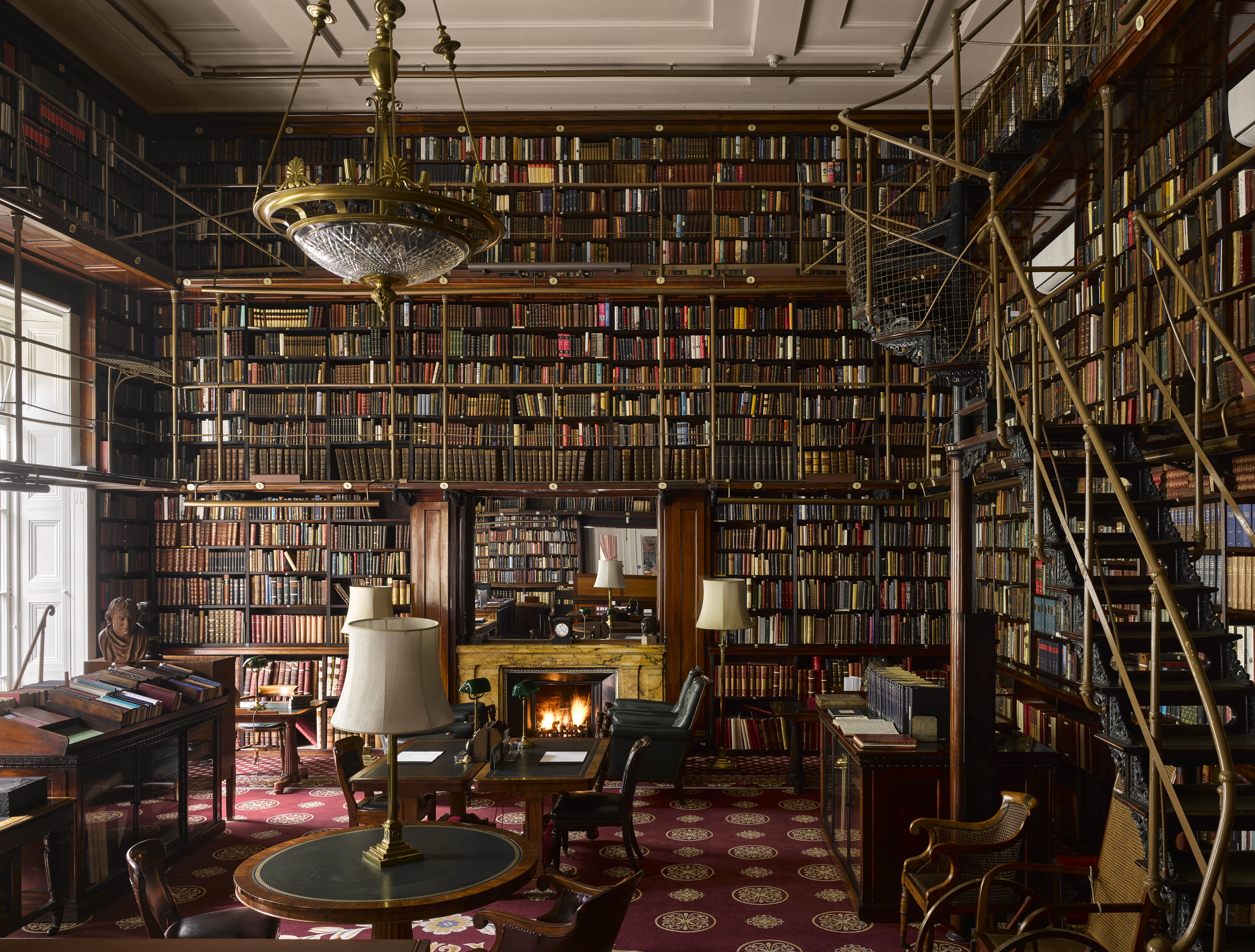
The Athenaeum: Ancient history, old rivals and a recent revival for the old Carlton House haunt
One of the grandest Regency clubs in London has undergone a revival in recent years. John Goodall looks at the
Exquisite houses, the beauty of Nature, and how to get the most from your life, straight to your inbox.
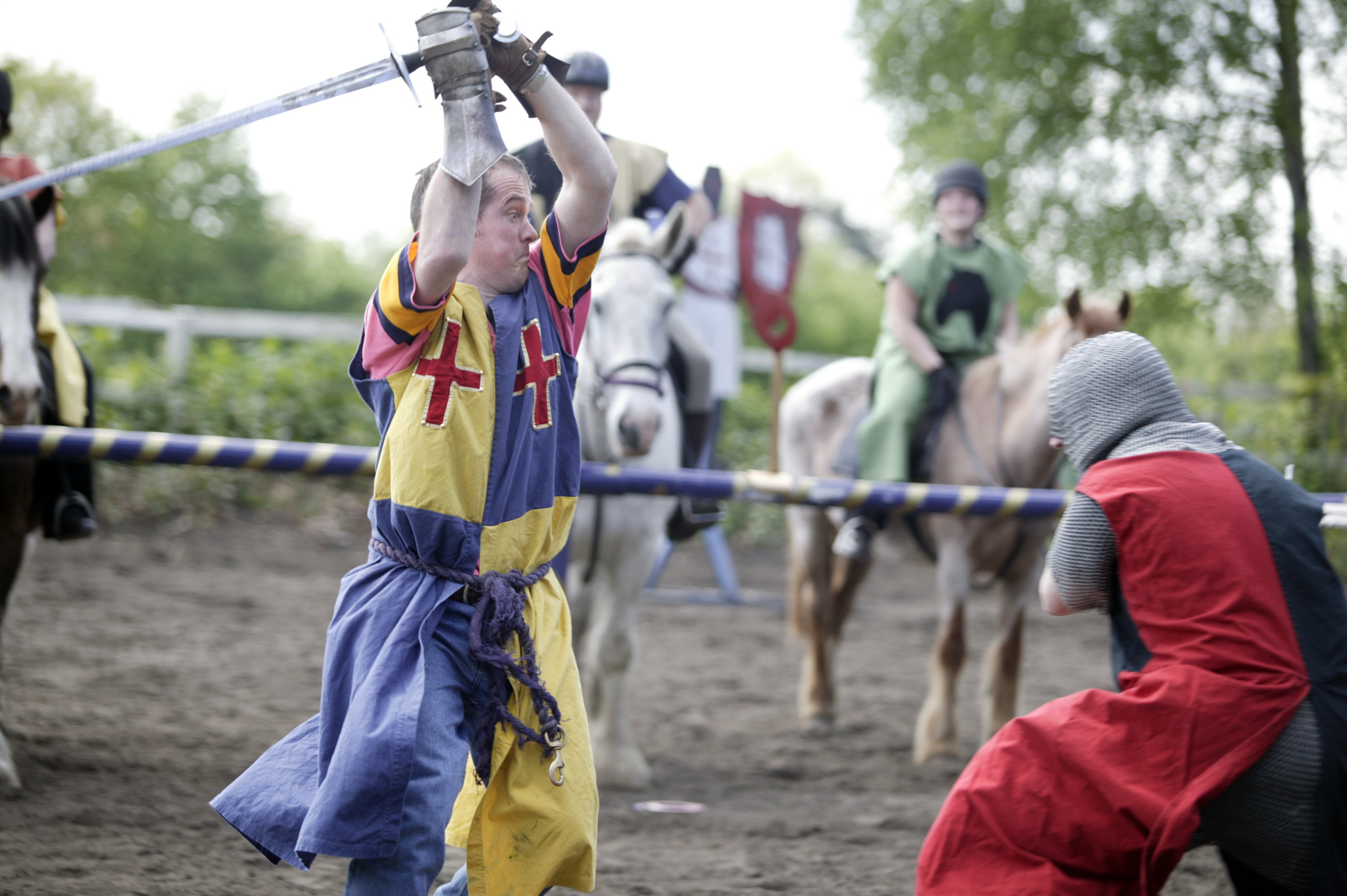
Credit: Getty Images
Beware experience, lest we forget what actually makes these places important in the first place
Jousting in castles? Falconry demonstrations? That's all fine, says Athena, as long as people don't forget about the real purposes
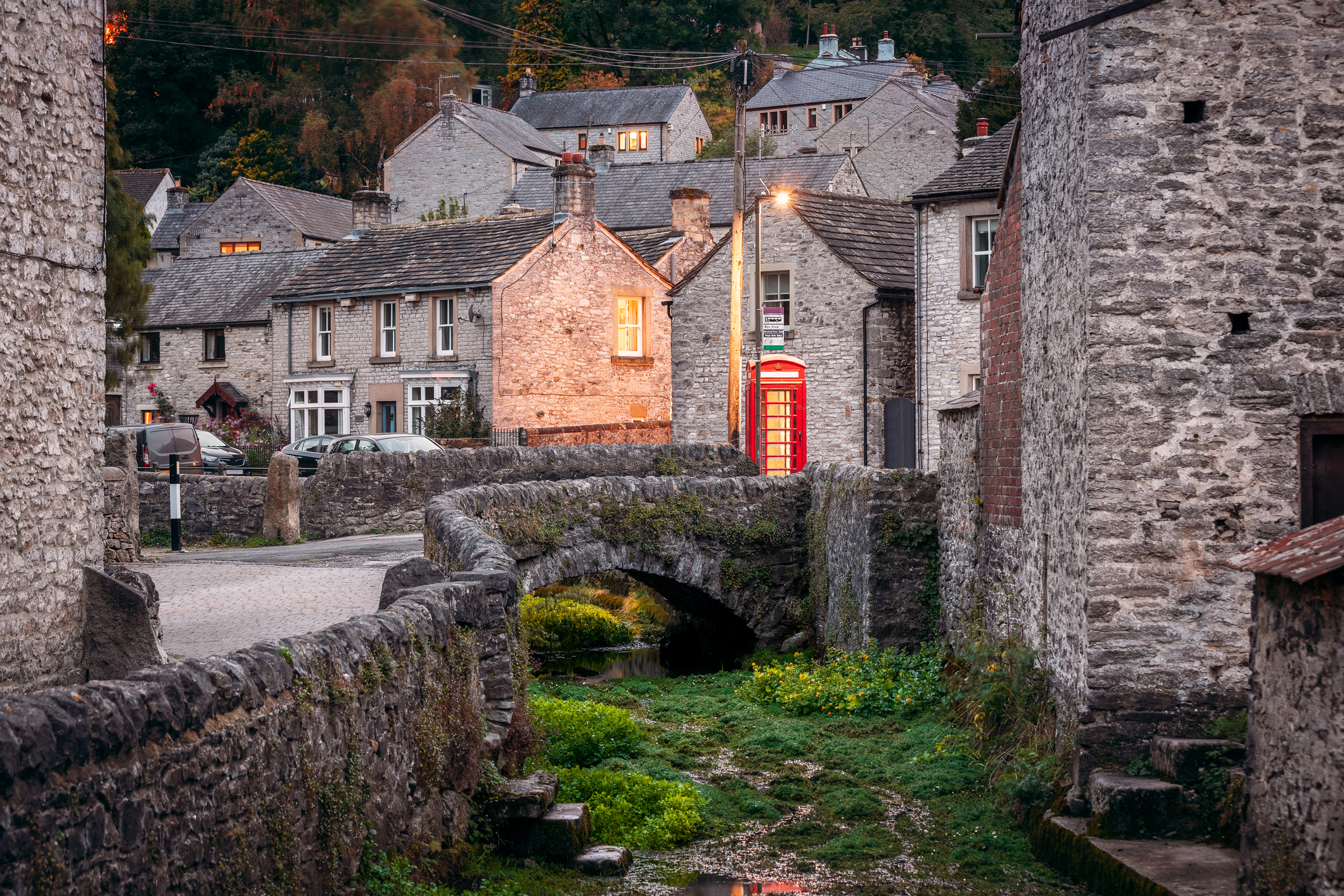
Plan properly, build well, and even the NIMBYs can't object to the solution to the housing crisis
Reforming planning and embarking on a large-scale house building plan is one of the great challenges for the new government
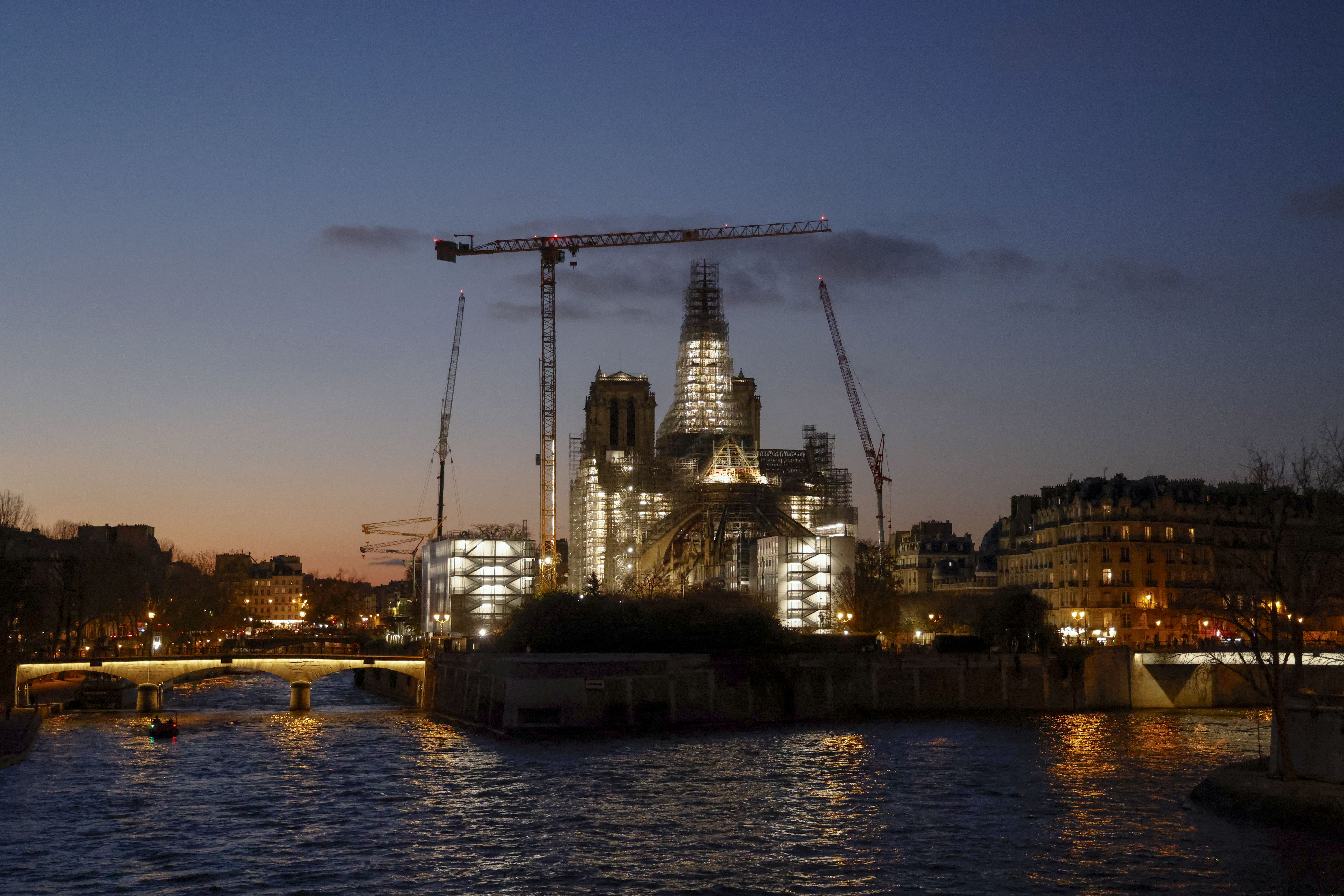
The re-making of Notre Dame: An extraordinary achievement by any measure
Country Life's cultural columnist Athena on the astonishing progress being made in the rebuilding of Notre-Dame de Paris — and how
Country Life is unlike any other magazine: the only glossy weekly on the newsstand and the only magazine that has been guest-edited by His Majesty The King not once, but twice. It is a celebration of modern rural life and all its diverse joys and pleasures — that was first published in Queen Victoria's Diamond Jubilee year. Our eclectic mixture of witty and informative content — from the most up-to-date property news and commentary and a coveted glimpse inside some of the UK's best houses and gardens, to gardening, the arts and interior design, written by experts in their field — still cannot be found in print or online, anywhere else.
